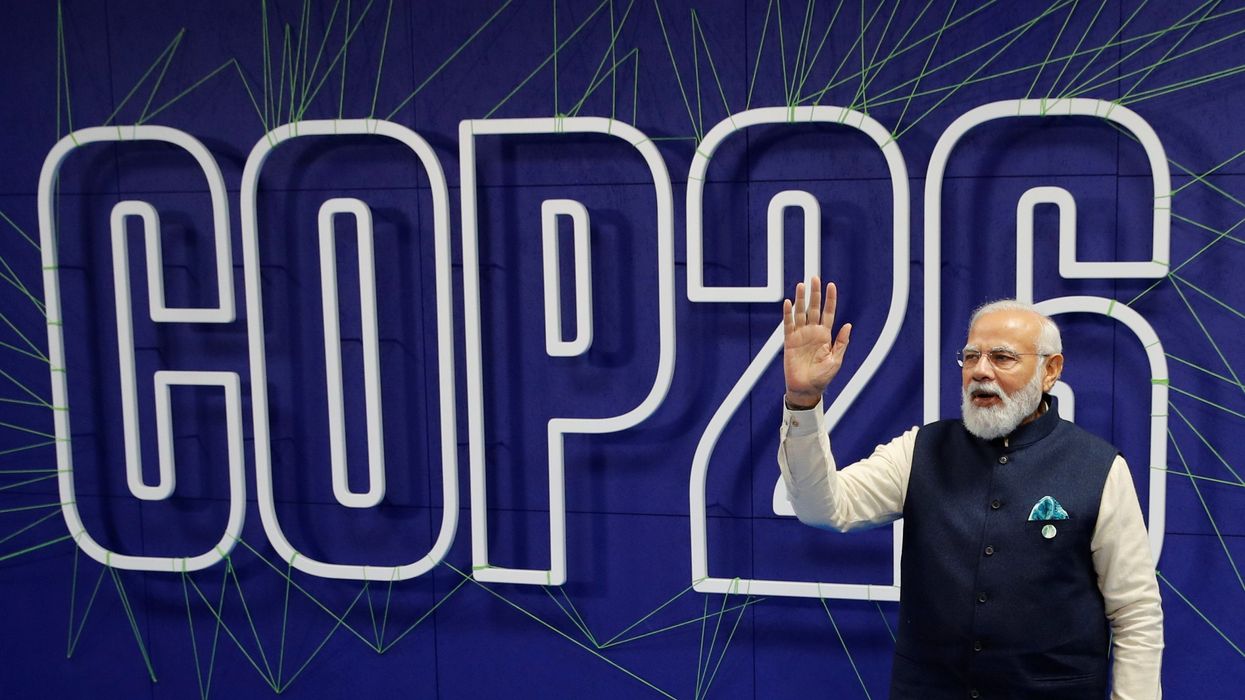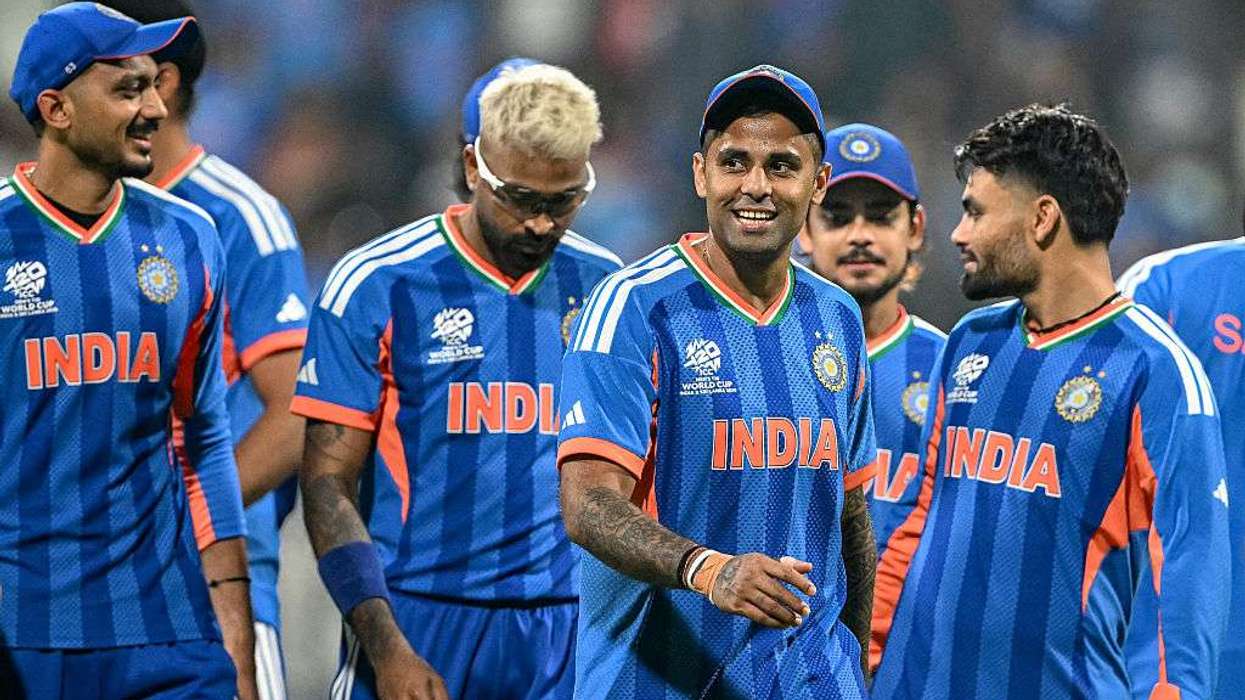INDIA'S environment and climate minister, Bhupender Yadav, took aim at a draft deal at the United Nations climate summit on Saturday (13), saying he disagreed with the language on fossil fuel subsidies and that the draft lacked balance.
In one of the strongest criticisms of the COP26 draft deal, Yadav said developing nations had the right to use the remainder of the so-called global "carbon budget", or the amount of carbon dioxide the world can release before warming crosses the 1.5 degree Celsius threshold.
"Mr President thank you for your efforts to build consensus," he told Britain's COP26 president, Alok Sharma, at a so-called stocktaking plenary. "I am afraid, however, the consensus remained elusive.
"In such a situation, how can anyone expect that developing countries can make promises about phasing out coal and fossil fuel subsidies when developing countries have still to deal with their development agendas and poverty eradication?"
The issue of subsidies for oil, gas and coal has become a major sticking point at the summit, where negotiators have already missed a Friday deadline to strike an agreement aimed at keeping alive a goal to limit global warming to 1.5C.
Earlier, a new draft of the agreement negotiated over the past two weeks called upon countries to accelerate "efforts towards the phase-out of unabated coal power and inefficient fossil fuel subsidies".
On Friday, two sources close to the negotiations said China and Saudi Arabia were among a group of countries seeking to prevent the deal in Scotland from including language that opposes fossil fuel subsidies.
Yadav also criticised what he described as "lack of balance" in the agreement, an argument developing countries have made before when pushing for more money to better adapt their countries to deal with the effects of climate change.
(Reuters)




